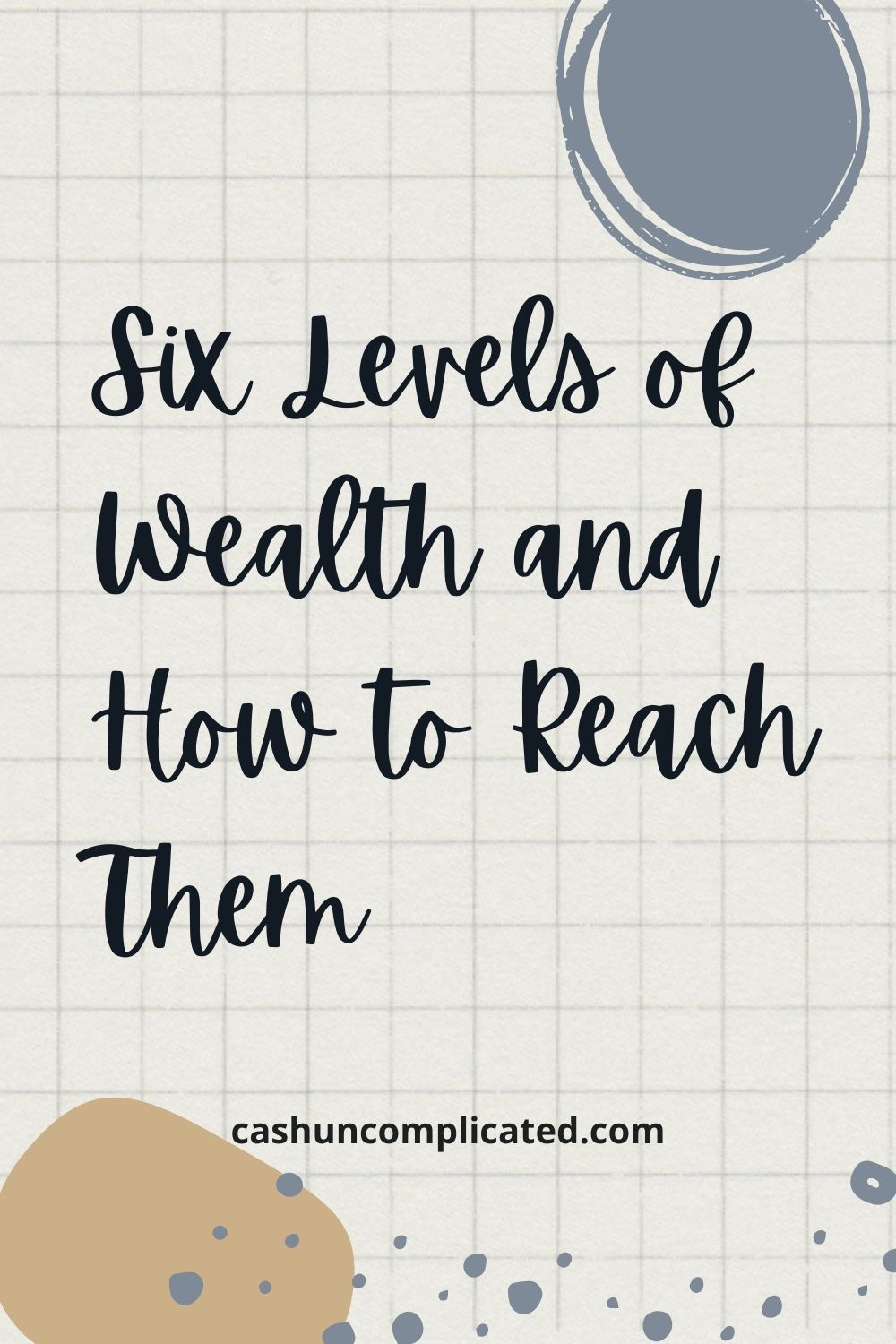Alex is in his late twenties working for a marketing firm. Last year he made a little over 55,000 dollars, an increase of $7,000 from the year before. He hopes to make over 60,000 dollars this year after bonuses. Alex dutifully goes to work every morning and consistently gets good performance reviews. His boss sees him as a solid employee who might have a chance to move up in the company someday.
People at work like Alex as he is helpful with their projects and doesn’t really get involved in office politics. He has a few friends at work that he goes out with on the weekends, mostly for happy hours on Friday.
Alex lives in a one-bedroom apartment downtown. He used to have roommates in a house outside the city, but as he started to make more, he decided he wanted to get his own place in the city. His rent ballooned from $850 per month to $1,175 per month.
A few months later, Alex traded in his old car with 140,000 miles for a new make and model with leather seats. Alex’s old car was paid off but his new car will cost him $425 per month in payments. He rationalized that the new car will actually save him money over the year because it’s going to require less trips to the mechanic and gets better gas mileage.
Living downtown, Alex has been able to take more advantage of the bars and restaurants within walking distance. He goes out most Friday and Saturday nights, and usually one of the weekday nights. He hasn’t done the exact calculations, but estimates it’s around $200 more per month.
Alex is also going out to nicer bars and restaurants so he wanted to spend a little more on clothes to look more successful. He’s almost 30 years old and wants to look nicer than he did in his early twenties. He’s been spending about $100 per month more on clothes, mostly on dress shirts and pants.
About a year later Alex looked at his bank account and noticed it hadn’t moved much in the last year. Before the downtown apartment, new car, and going out more, he used to save and invest several hundred dollars every month. He hadn’t added anything in the past year though and didn’t like that he was going backwards financially.
Alex wondered why he wasn’t saving and investing anything anymore. He was making more money, yet he was actually keeping less of it than before. His parents and most of his friends and co-workers reassured him that it was normal to get your own place and buy a nicer car as you near your 30’s. “You’ve got to grow up sometime.” Alex’s father told him recently.
Alex thought he was doing everything he was supposed to be doing. He had a good job, was making more money every year, got a place of his own, and bought a new car. So why was he falling behind with his money?
Now, Alex isn’t a real person, but what his character is experiencing is very real. It’s called lifestyle creep, and in a nutshell, it’s when expenses increase right along with income. Sometimes expenses can even exceed income. As a result, the person experiencing lifestyle creep isn’t able to get ahead financially.
In Alex’s case, his finances actually got worse. Others may stay the same, or only slightly improve. Here’s a simple chart of what lifestyle creep looks like for someone with a starting salary of $3,000 per month. I’ll use even numbers to better illustrate the point.
| Monthly Salary | Spending | Difference Between Monthly Salary & Spending | |
| Start | $3,000 | $2,900 | $100 |
| Year 1 | $3,100 | $3,000 | $100 |
| Year 2 | $3,200 | $3,100 | $100 |
| Year 3 | $3,300 | $3,200 | $100 |
| Year 4 | $3,400 | $3,300 | $100 |
| Year 5 | $3,500 | $3,400 | $100 |
The person in this example increases their pay by $100 per month every year for five years. He or she also increases their spending by $100 per month, making them no better off financially five years later. And with inflation, this person would actually be worse off because he or she would have less spending power.
It’s a five-year pattern of make more—spend more, make more—spend more.
Fortunately, there are strategies to reverse and avoid lifestyle creep. In my book, I dedicate a good portion of chapter 6 to this very common financial killer. I also have a few articles specifically addressing automation, which is one of the best strategies to avoid lifestyle creep. And for a simple and easy way to avoid lifestyle creep, read this article.
Has your life been impacted by lifestyle creep?
Further reading:
The 4 Tenets of Healthy Financial Habits
Luck Is On Your Side When You Follow These 4 Financial Principles
One Simple and Easy Way to Avoid Lifestyle Creep That Anyone Can Do








